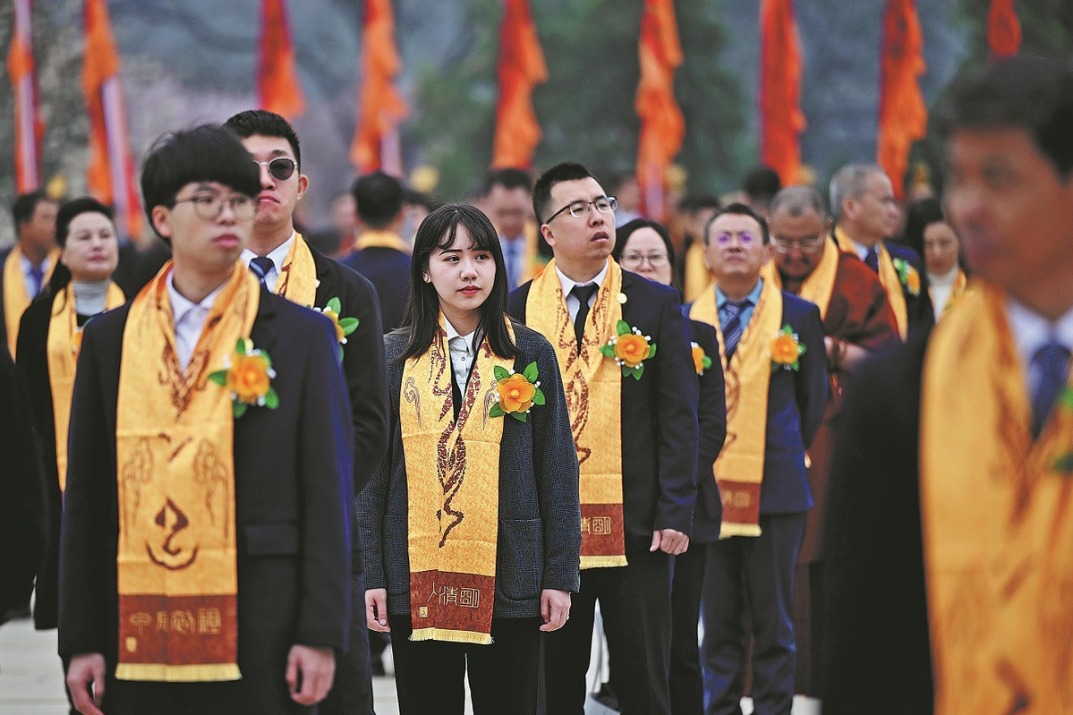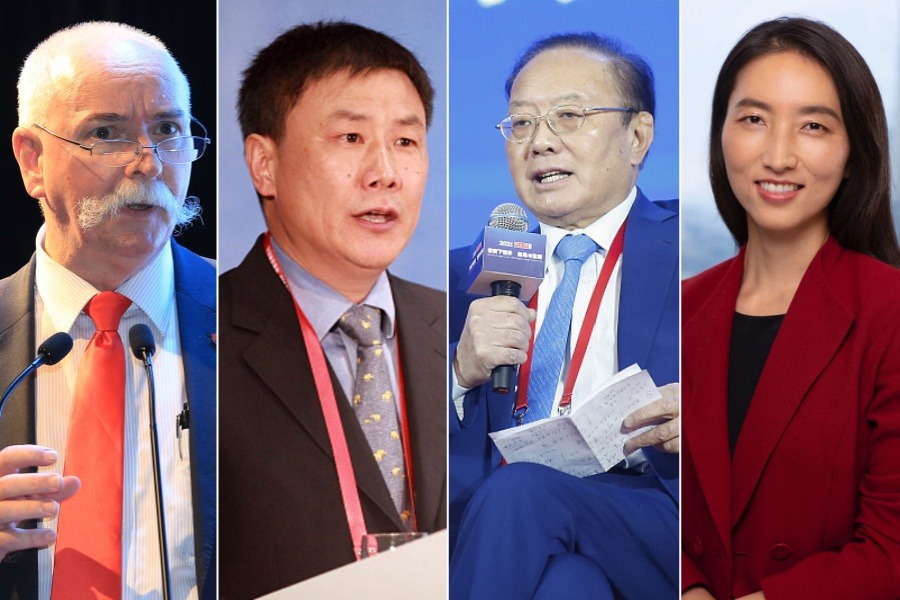Expansion of sites collecting legislative opinions boosts grassroots participation
By CAO YIN | CHINA DAILY | Updated: 2021-09-24 09:26

The number of stations in China collecting legislative opinions from grassroots areas has grown from four to 22 in the past six years, and they are playing a major role in implementing the "whole-process democracy" called for by President Xi Jinping.
The establishment of the stations was an initiative launched by the Legislative Affairs Commission of the National People's Congress Standing Committee, the country's top legislature, in 2015 to gather suggestions on lawmaking from residents and then resolve their problems through legislation.
The first stations were in Shanghai's Hongqiao subdistrict and the standing committees of the local legislatures in Xiangyang, Hubei province, Jingdezhen, Jiangxi province, and Lintao county, Gansu province.
People from all walks of life can visit the stations and offer advice to the legislatures. The one in Xiangyang had provided more than 1,100 suggestions on 58 items of national-level legislation by April, and 149 of them had been accepted by the top legislature.
The success saw the Legislative Affairs Commission decide to establish more stations. Tong Weidong, an official from the commission, said they are "a bridge between legislators and residents and are also a good reflection of China's whole-process democracy".
In November 2019, Xi, who is also general secretary of Communist Party of China Central Committee and chairman of the Central Military Commission, undertook an inspection tour in Hongqiao, where he first put forward the concept of whole-process democracy.
China is marching on a political development road of socialism with Chinese characteristics, and its people's democracy is a whole-process democracy, Xi said while exchanging ideas with residents during the inspection.
He highlighted the development of the concept in his keynote speech at a grand gathering in Beijing on July 1 to mark the CPC's centenary.
To further implement the central leadership's requirements and diversify the sources of legislation, Tong said the commission had set up 22 stations for gathering legislative opinions at the grassroots level by July, covering two-thirds of the country's provincial-level regions.
He said the stations not only help people from various walks of life participate in legislative affairs, but also give lawmakers more chances to better understand what people most need.
"It's a people-centered approach, showing that legislation comes from the people and is for the people," he added.
As of August, the stations had given more than 6,700 suggestions involving 115 draft laws and annual legislative plans to the top legislature, and many ideas had been accepted after review, Tong said, adding that more stations will be created and will be set up in more organizations besides the standing committees of local legislatures, communities and universities.
The commission has also worked toward developing whole-process democracy by inviting more NPC deputies to participate in legislative research and sessions of the NPC Standing Committee.
NPC deputies have made more than 900 visits to Beijing to attend meetings of the NPC Standing Committee since March 2018 to give feedback on draft bills to committee members, said Zhai Wei, deputy director of the research office of the NPC Standing Committee's general office.
All NPC deputies gather in Beijing once a year to attend the NPC's full plenary session, the country's most important political event. When the full session closes, its standing committee generally holds a session every two months, making and amending laws as well as deciding on the appointment and removal of government personnel.
"We've also intensified efforts to keep in touch with the deputies to ask them to reflect on problems and ideas at the grassroots level in a timely manner, as what people demand is what we should solve," Zhai said.
For example, Li Zhanshu, chairman of the NPC Standing Committee, has held 13 symposiums involving deputies since March 2018, with more than 660 face-to-face talks with them, Zhai said.
While further promoting the building of the stations and helping NPC deputies play a role in developing whole-process democracy, Zhai added that the NPC Standing Committee will also urge government agencies to get closer to the people, listen to their suggestions and ensure they can effectively participate in national and social affairs.























